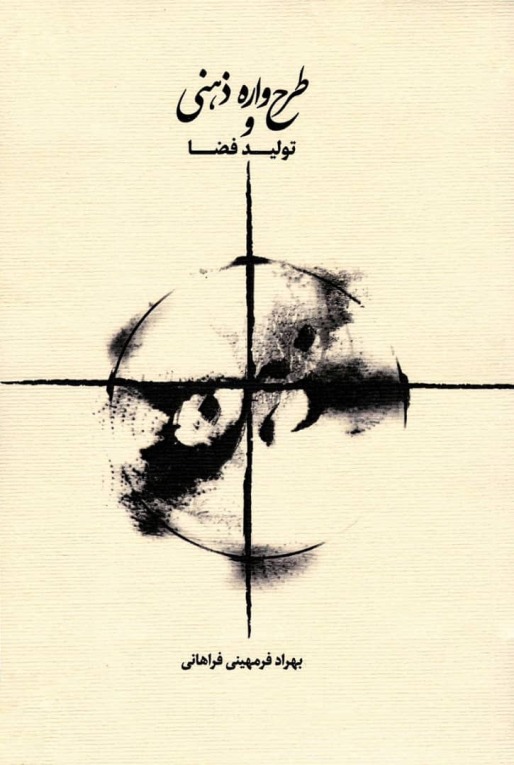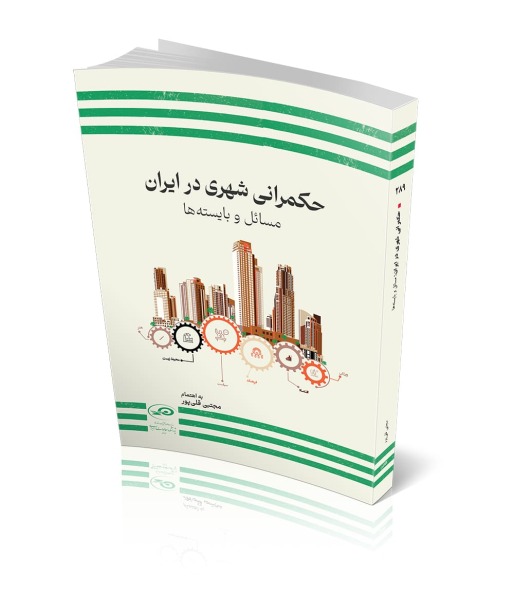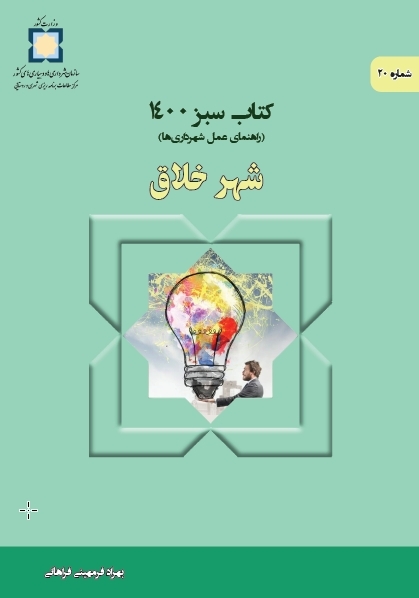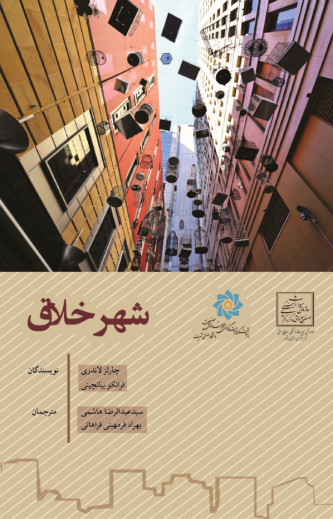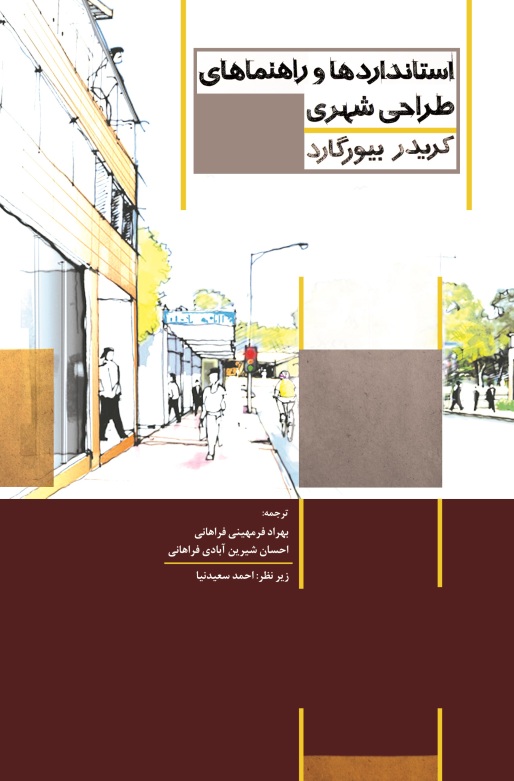Behrad Farmahini Farahani
Urban Studies Scholar specializing in the Political and Cultural History of Cities

Publications
Iranian Architecture and Urbanism (2021)
Analysis the Urban Sprawl in the Peripheral Metropolitan Areas
(Case Study: Northern Peripheral Areas of Isfahan, Iran)
Motaleate Shahri (2014)
Rural Development Projects and Emigrating from Countryside to City
(Case study: Carbon Sequestration Project)
Science and Technology Policy Lettersis (2016)
Tehran, the Heir to Dreams
Daneshmand, (2021)
Water and Electricity Protests and Proposing Management Strategies for Sustainable Urban Development in Tehran
Tehran Security Studies (2025)
Infrastructure Crisis, Risk of Urban Unrest, and the Necessity of Sustainable Development
National Security Monitoring [Dīdbān-i Amniyyat-i Millī] (2025)
Decoding the Evolution and Logics of Protest Locations in Tehran, Iran (1905–2022)
Moving the Social (2025)
Green High-Rise Buildings: A Pathway to a Sustainable Urban Future
IntechOpen, (2025)
[ISBN 978-1-83635-668-4]
Lessons Learned from the Retrospective Analysis of Protest Spaces in Tehran: From the Constitutional Movement to the Islamic Revolution
Tehran Security Studies (2024)
Refusal of Urban Good Governance: City Administration and the Issue of Participation
National Security Monitoring (2023) ; Full version is published as a book chapter. Book title: "Urban Governance in Iran: Challenges and Requirements". Pubisher: Research Institute of Strategy (2024)
An Analysis of Urban Space from the Mindscape of Social Stratums of New Middle Class
(Case Study: Enqelab Square in Tehran during the Second Pahlavi Era)
Bagh-e Nazar (2021)
The Role of Mental Schemata in Production of Space
(Criticism of Lefebvre's Spatial Triad from the Perspective of Vygotskian School of Cognitive Psychology)
Application of Elinor Ostrom's Institutionalism in Development Planning
Program and Development Research (2020)
Books
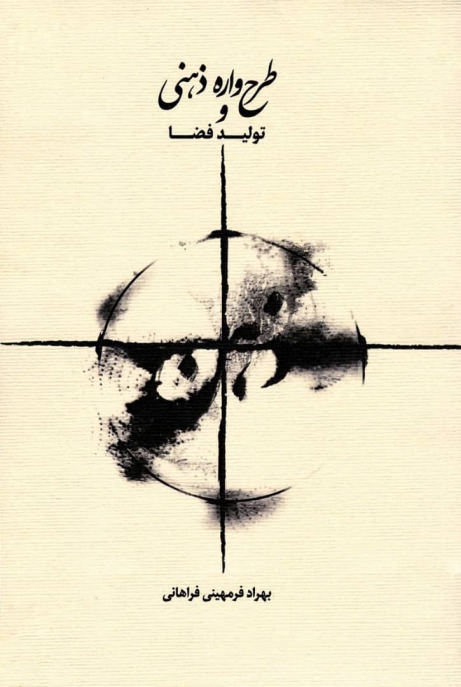
Mental Schema and Production of Space
I have worked on the relationship between the mentality of city dwellers and urban space. One of the influential theories about the production of urban space is Lefevbre’s theory. The key issue raised by Lefebvre is his three spatial moments: representations of space, spatial practice, and representational spaces. These three are related to perceived space, conceived space, and lived space.
The way that we conceptualize our experiences was the main issue that I concentrate on it, through the perspective of cognitive science, using a wide range of theories of cognitive psychology, linguistics, and sociology, such as the cultural-historical theory of Vygotsky, Bakhtin’s ideas about novels and literature, cognitive schemata of Bartlett, collective memory of Halbwachs, etc.
In contrast to Lefevbre’s idea, I tried to show that the process of conceptualizing urban space in our minds is related to each social group’s cognitive schemata of which we are members. My thesis was based on the dialectical logic of Friedrich Hegel.
I proved by deduction (and test my analytical framework by induction) that:
1) Individual consciousness is influenced by social groups of which one is a member.
2) Suitable tools for studying the change of mentality of urban space are members of groups' narratives.
Consequently, the "mental schemas of social groups" are the unit of analysis of the city's spatial studies. We need to study the mental schemas of the intentionally active socially developed human being, whose consciousness is shaped by semiotic systems as well as other tools. From this perspective, stories, narratives, collective memories, and in a word, "texts", are proper tools that will help to study the urban space.
